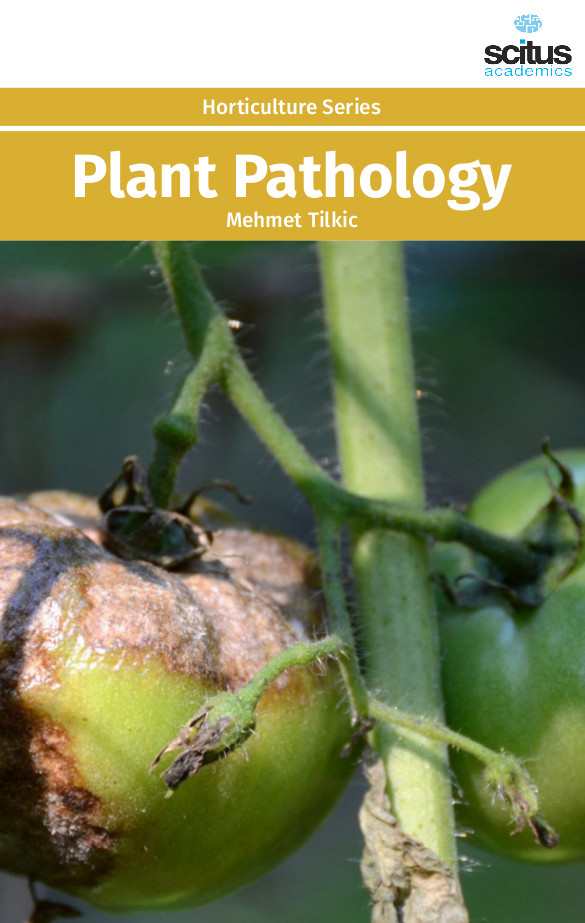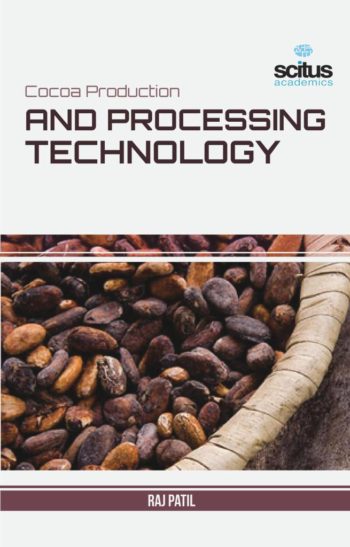Plant diseases play a significant role on our everyday lives. The science that deals with the study of diseases of plants, their development and control is called Plant Pathology. Plant diseases are caused by biotic agents like fungi, bacteria, actinomycets, Mycoplasma, viruses, nematodes, and flowering parasites or by abiotic like unfavorable environmental conditions or nutritional deficiencies. Plants and their pathogens are engaged in continuous evolutionary battles and sustainable disease management requires novel systems to create environments conducive for short-term and long-term disease control. This work provides the knowledge of the fundamental factors that drive host–pathogen co-evolution in wild systems can provide new insights into disease development in agriculture. Such evolutionary principles can be used to guide the formulation of sustainable disease management strategies which can minimize disease epidemics while simultaneously reducing pressure on pathogens to evolve increased infectivity and aggressiveness.
This Books provides the latest information on plant pathogenic fungi, viruses, bacteria, phytoplasmas and spiroplasmas, including pathogen biology from genetics to geographical distributions. This book is an attempt in the process to provide readers with a relevant book which acquaints them with the current developments and advances in the field of plant pathology and biotechnology, particularly within the context of the widening scope of such arenas as biochemistry. In this book, expert scholars share their research knowledge and key literature which are vital toward the diagnosis of plant diseases across the globe, addressing traditional plant pathology techniques, as well as advanced molecular diagnostic approach.













